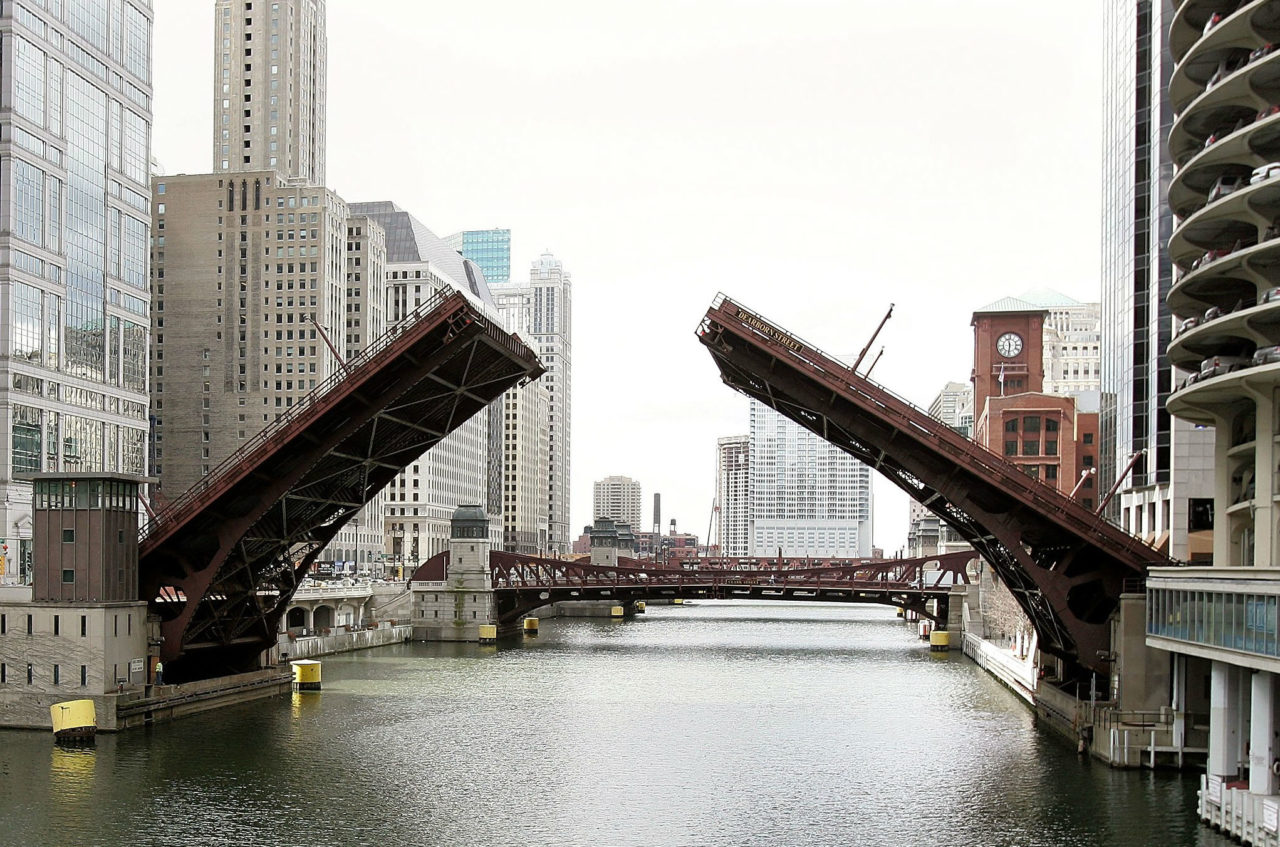Reality Check: Illinois Adjusts Tax For New Chicago Casino


Research on the feasibility of creating an urban mega-city in Chicago has influenced Congressional decisions, leading to changes in Illinois’ regulation of Chicago casino revenue in order to boost the chances of the project becoming a reality.
After realizing that a blackjack operation in Chicago would not be financially feasible, an Illinois state senator has introduced a proposal to amend the state’s gambling laws. The widespread backing for the amendment may persuade developers to participate in the effort.
The issue with the initial game duty in Chicago
Illinois Rep. Bob Rita proposed House Floor Amendment 3 after negotiating with Governor J.B. Pritzker, the City of Chicago, and members of the Illinois Senate for weeks. The amendment is a revision to the gambling expansion law that was enacted in June.
Should the amendment be approved, the potential mega-casino in Chicago could benefit from a substantial decrease in its tax rate. This casino has the potential to provide up to 4,000 gaming positions, which is twice the maximum amount offered by other casinos in Illinois.
Looking at it from a technical standpoint, the amendment removes a 33.3% privilege tax that was previously designated for the city. Any action that is not considered a legal right is subject to this tax. An example of a luxury tax is the estate tax on vehicles, as owning a car is not a legal right according to Illinois state law.
In addition to the standard rates paid by gamblers in other regions of Illinois, the initial model included a 33.3% opportunity tax. The tax system for games in Illinois is progressive, meaning that as profits increase, so do the rates.
Illinois gaming facilities face a tax rate of 50% for slots and 20% for table games in the highest revenue brackets, which start at $200 million for slots and $25 million for table games. If the privilege tax had been enforced, a Chicago casino could have potentially owed almost 74% of its top earnings in taxes.
The feasibility study conducted by the Illinois Gaming Board revealed that it may be too difficult for the business to make a profit. Consequently, the state is considering making significant changes.
information on HFA3’s fresh tax deadline
The press release confirms that the article faithfully reflects the findings of the Gaming Board Feasibility Study. Nevertheless, a Chicago-based game will continue to be the top revenue generator in the state.
The proposed changes suggest implementing a new democratic income system instead of adding extra opportunity taxes to standard rates. This plan will specifically apply to the proposed facility in the Windy City.
The real costs have not changed significantly. The casino may lose up to 74.7% of the regular slot machine revenue. The highest profit from table games would be 35%.
Nevertheless, there have been significant changes to the brackets. Only slot revenues exceeding $1 billion and table game revenues surpassing $375 million would be subject to the highest tax rates.
Politicians are optimistic that designers will take advantage of the opportunities more seriously as a result. With a saturated market of existing games, selling new products can be difficult, but without any changes, attracting buyers would have been nearly impossible.
This move enhances the state’s approach to tackling concerns like city employee pensions, making it more effective. Additionally, the article provides confidence to the public that Springfield can improve and evolve from its past errors.






